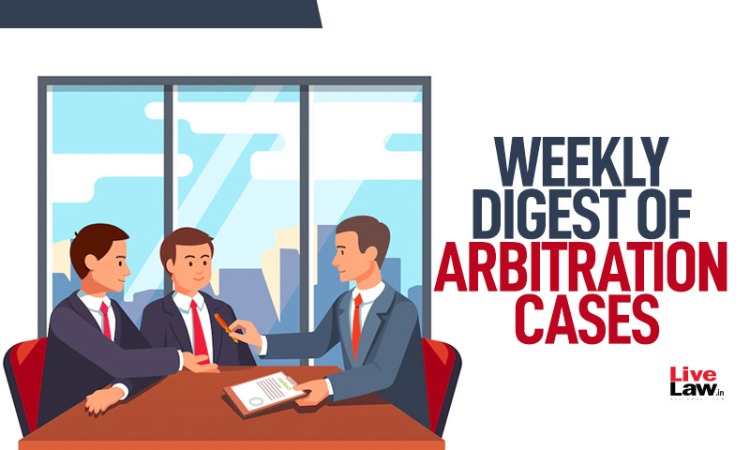Next Story
9 Oct 2022 1:49 PM IST
Supreme Court: Arbitral Tribunal Must Give Reasons For Fixing Interest Rate; Award Holder Not Entitled To Interest For Delay Caused By It : Supreme Court Case Title: Executive Engineer (R and B) versus Gokul Chandra Kanungo The Supreme Court recently held that a case where the award holder was responsible for delaying the proceedings which led to a huge lapse of time would be a...

